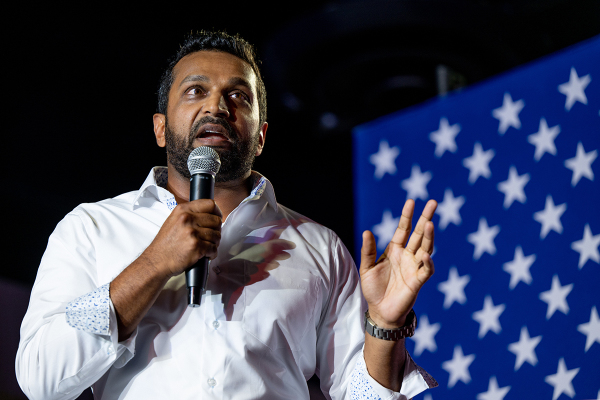Violent Mob Attacks on Christian Churches Increasing Across India
Indian Christians have expressed deep concern over the increasing attacks on Christian Churches by violent mobs across India.
On Saturday night, an unidentified mob raided a Catholic Church in Nadia district, 75 kilometers north of Calcutta, the capital of West Bengal state, reported the state inspector-general of police Raj Kanojia to the Russia newspaper Pravda.
According to another report by Reuters, the attackers destroyed furniture, stole silver chalices and desecrated the communion bread. They even went on tearing the pages of the Holy Bible and setting them on fire at the Church named Jalalkhali.
The objective behind the attack is unknown, but it is probably related to a recent anti-crime campaign led by the priests of the Church, a local police officer Biswarup Ghosh told the Reuters.
Despite having been threatened by the attack, the head of the Church has not given up the initiative. As Father Antony Kariyattil told the Associated Press (AP), "Some of the local youths used to get drunk and trespass on the church compound. They also teased the girls in the village. I tried to put an end to all that and sought cooperation from local village leaders."
So far, no one has injured in the attack. Two locals were detained on Sunday for questioning, local police inspector Kanojia said, according to the Pravda.
Exactly one week before this attack in West Bengal state, three Bible distributors were brutally attacked in Mumbai, state of Maharashtra in the west of India, a report by the Pakistan Christian Post unveiled.
The three members from the Panvel Brethren Church – Biju Jacob, Reji Paul, and Shaji Samuel – were beaten up by over 30 young people. They were distributing Bible and Gospel tracts on the street in Panvel district from their vehicle on the evening of Nov. 26.
According to the Pakistan Christian Post, the beatings lasted for over 15 minutes. Shaji was seriously injured on his face and was unable to talk or breathe. Later, it was found that all the Christian literatures were missing from the vehicle as well.
In speaking with the Pakistan Christian Post, Shaji explained that the Bible distribution was not illegal by the Indian law:
"No one is compelled to buy it. We are sorry that the attackers have misunderstood us as anti-nationals. As Indian citizens the constitution has given us rights to ‘profess, practice and propagate’ our faith. We are doing it like any other religious groups."
Shaji added that the church members had already forgiven the attacks and had made no complaint to the police, according to the Pakistan Christian Post.
The attacks on individuals or churches across many states of India have been worsening. The motives behind the crimes are often being reported as religious hatred, given the evidences that the hard-line Hindu political party Bharatiya Janata Party (BJP) and Hindu nationalist organization Rashtriya Swayamsevak Sangh (RSS) have been tying to restrict Christian minorities by implementing some laws.
The Global Council of Indian Christians (GCIC) has already sent an open letter to the Indian Prime Minister Manmohan Singh in September, urging the Indian government to launch urgent measures to curb the alarming trend.
According to a statement from GCIC on its website, the organization is "anxious about the trends of intolerance triggered by religious fundamentalists in the Indian society."
"The global council has drawn attention to repeated attack on churches, disruption of worship services and other forms of harassment indulged in by miscreants obsessed with religious hatred. Books and literature are seized and put to fire. Prayer halls are ransacked," it stated.
GCIC added that these incidents "have been happening in various parts of the country" and the culprits invariably are "religious fanatics."
GCIC condemned some popular politicians for involving in the promotion of "culture of intolerance and hate speeches," which continued to disturb "social harmony and development."
GCIC demanded the Indian government to recognize the seriousness of the problem and take immediate measures.






















